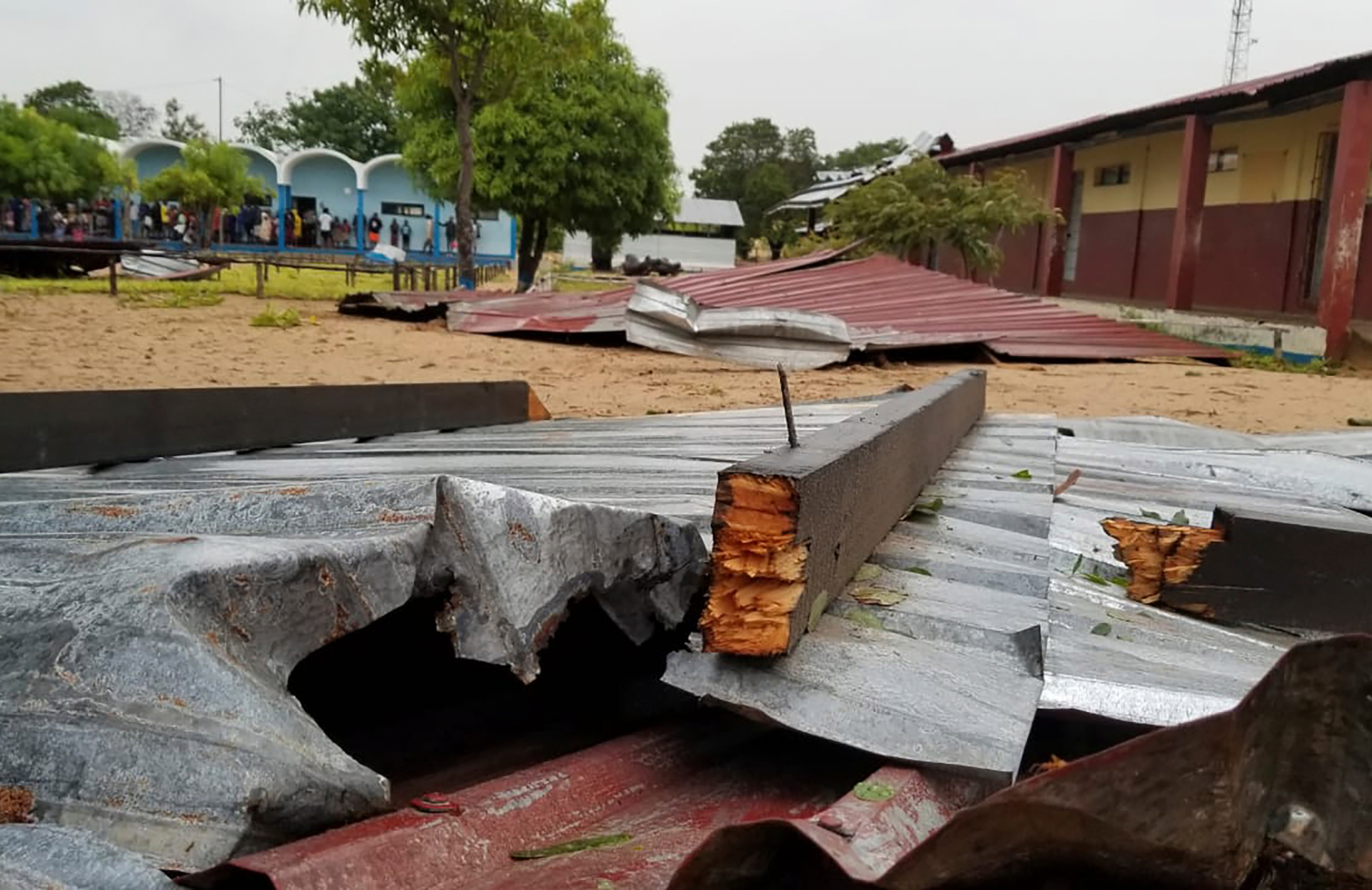Cyclone Freddy to slam Mozambique Friday in rare second hit
Still recovering from the effects of the first battering, the southwestern African nation of Mozambique is bracing for a rare second hit by long-living Tropical Cyclone Freddy late on Friday night, a regional weather center said Tuesday

Your support helps us to tell the story
From reproductive rights to climate change to Big Tech, The Independent is on the ground when the story is developing. Whether it's investigating the financials of Elon Musk's pro-Trump PAC or producing our latest documentary, 'The A Word', which shines a light on the American women fighting for reproductive rights, we know how important it is to parse out the facts from the messaging.
At such a critical moment in US history, we need reporters on the ground. Your donation allows us to keep sending journalists to speak to both sides of the story.
The Independent is trusted by Americans across the entire political spectrum. And unlike many other quality news outlets, we choose not to lock Americans out of our reporting and analysis with paywalls. We believe quality journalism should be available to everyone, paid for by those who can afford it.
Your support makes all the difference.Still recovering from the effects of the first battering, the southwestern African nation of Mozambique is bracing for a rare second hit by long-living Tropical Cyclone Freddy late on Friday night, a regional weather center said Tuesday.
The United Nations' monitoring station on the Indian Ocean island of Reunion warned that Freddy will “gradually intensify to the stage of a tropical cyclone or even an intense tropical cyclone” over the Mozambique Channel before making landfall overnight on Friday into Saturday.
Freddy is expected to intensify this Thursday as it approaches coastal Mozambique, with current windspeeds at sea averaging 110 kilometers (around 70 miles) per hour, gusts of 155 kilometers (around 100 miles) an hour, and barreling in the northeasterly direction. It is projected to make landfall on the country’s second most populous province of Zambezia.
Its reemergence has baffled meteorologists with its constant shift of direction and multiple record-breaking feats. Freddy has intensified four separate times, a first for a tropical cyclone in the southern hemisphere. It also now holds the world record for what’s known as “accumulated cyclone energy,” a metric to gauge a cyclone’s strength over time.
Freddy hammered eastern Madagascar last month before moving across the channel and slamming Mozambique, killing 21 people across both nations. The deluge affected an approximate 213,000 people and destroyed over 28,000 homes in the Mozambican capital of Maputo and nearby provinces, according to Mozambique’s National Institute for Disaster Risk Management.
It then appeared to have dissipated before it reemerged, looping around the Mozambican Channel. It was initially destined to Madagascar for a second time but shifted course back to mainland Africa.
French weather agency Meteo-France said in a bulletin Tuesday that as Freddy gathers more pace, it also poses severe weather risks to Toliara, the capital of Madagascar’s Atsimo-Andrefana region, with strong winds and the sea remaining “dangerous due to the cyclonic swell.” Freddy is currently soaking southern Madagascar as it hovers over the channel.
The U.N. weather agency said Freddy is on course to become the longest-lived tropical cyclone in history after traversing the entire Indian Ocean for a month.
November to April is classified as the cyclone season in the southwest Indian Ocean and climate scientists say that climate change is intensifying cyclones, making them longer, wetter and more frequent. ___
Associated Press climate and environmental coverage receives support from several private foundations. See more about AP’s climate initiative here. The AP is solely responsible for all content.